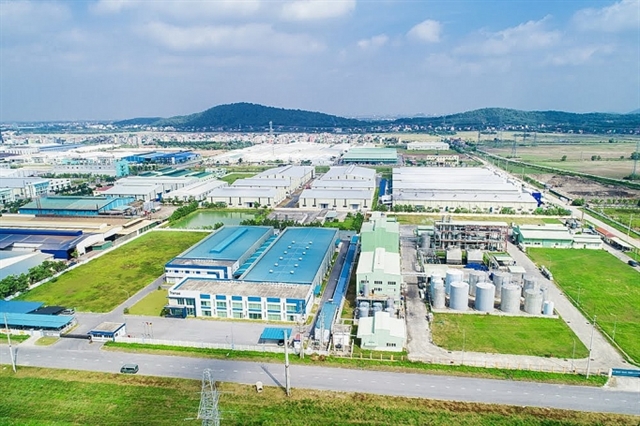 Economy
Economy

Population aging could slow down Việt Nam's long-term growth in the 2020–50 period by 0.9 percentage points compared with the last 15 years, a new World Bank (WB) report finds.

|
| Caring for the elderly's health. VNA/VNS Photo |
HÀ NỘI — Population aging could slow down Việt Nam's long-term growth in the 2020–50 period by 0.9 percentage points compared with the last 15 years, a new World Bank (WB) report finds.
According to the report titled "Vietnam: Adapting to an Aging Society", jointly produced by the WB and the Japan International Cooperation Agency (JICA), Việt Nam is going through the demographic transition to an older society at an earlier stage of economic development and a lower level of per capita income than other countries who have experienced a similar shift.
The prospect of “getting old before getting rich” means that Việt Nam faces a set of important challenges whose solutions require making hard policy choices.
With falling birth rates and a rising life expectancy, Việt Nam’s elderly are expected to account for between 10 per cent to just under 20 per cent of its population by 2035. Việt Nam’s old age dependency ratio, the number of people over 65 divided by the number of those of working age, is estimated to double from 0.11 in 2019 to 0.22 in 2039.
The report finds that long-term growth over the period 2020–50 will slow by 0.9 percentage points compared with the last 15 years as its population ages. At the same time, addressing the needs of an aging society is forecast to cost between 1.4 per cent to 4.6 per cent of GDP in additional expenditure. Expanding coverage and improving service quality will drive growth in fiscal costs.
The report offers recommendations on how Việt Nam can manage the aging of its population effectively, based on lessons learned in other countries that have experienced a similar demographic transition, particularly Japan. It suggests reforms to help improve labour force participation and productivity, increase the efficiency of public expenditures, and strengthen service delivery system. The report also recommends policy actions in four areas most affected by the aging trends: labour market, pension, health, and aging care.
“As Việt Nam’s population ages, it will be important to build the skills of the workforce to boost innovation and productivity in the economy, while ensuring that pension reforms begin now to sustain livelihoods for the elderly in the decades to come,” said Carolyn Turk, World Bank Country Director for Việt Nam. — VNS

.jpg)


